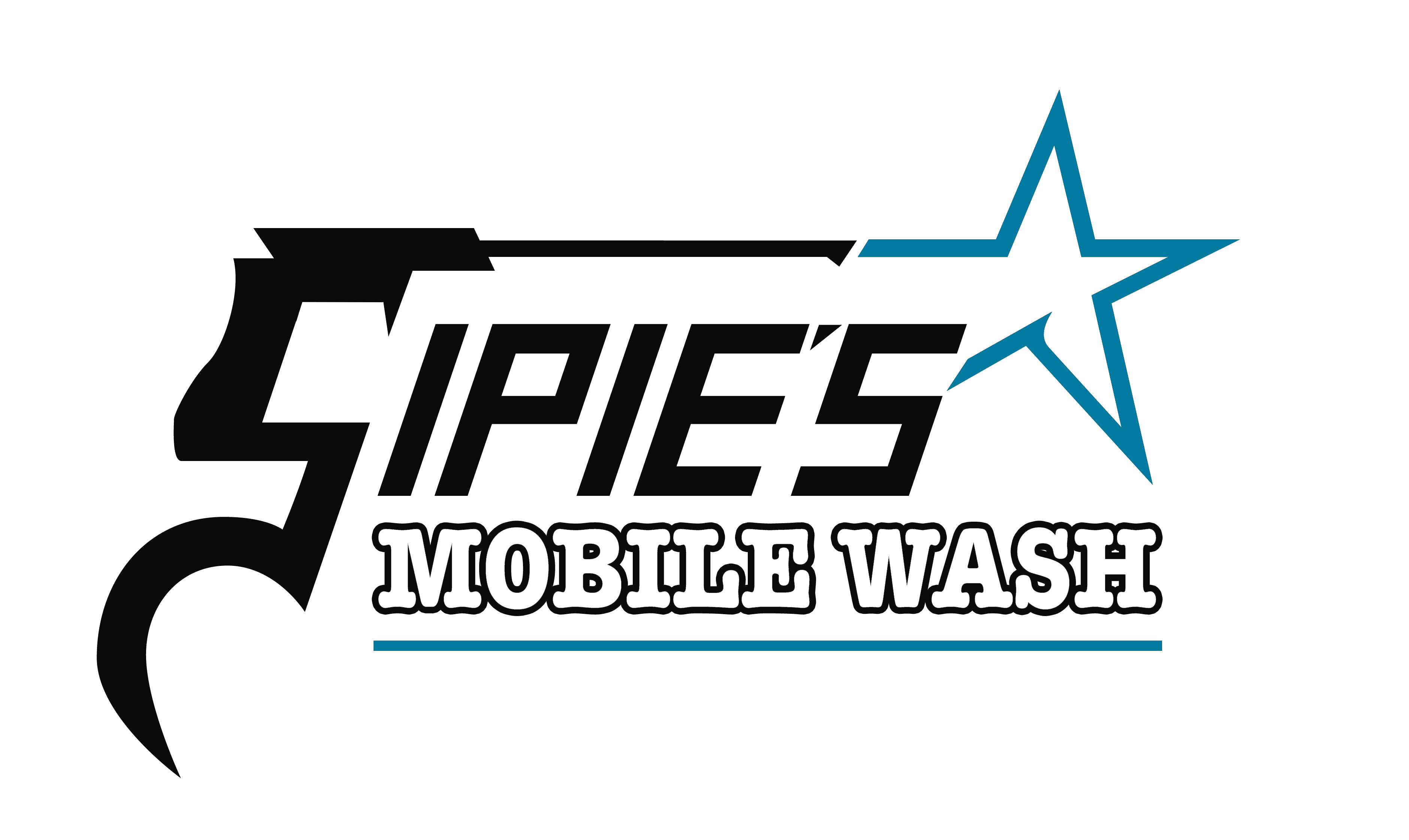Preventive maintenance often requires regular inspections, care, and protection of tools, machines, and equipment to lessen the likelihood of sudden breakdowns. Poor maintenance of farming equipment and machinery can cost a fortune in repairs and replacements. The time and energy needed for an extensive repair are what you are never ready for. Furthermore, untimely breakdowns have a gross effect on productivity and income. Regular check-ups of your farm’s machinery and equipment can make a big difference. Proper maintenance of farming machinery and will prevent sudden and unexpected breakdowns and ensure the safety of workers
Here are six farm equipment maintenance tips you mostly have to consider:
1. Adherence to Operator’s or Owners’ Manual guide
Enough emphasis cannot be placed on the fact that you must adhere to the manufacturer’s recommendations issued by the manufacturer of a tool or equipment. The type of farm tools/equipment used will determine the maintenance requirement that accompanies it. So, it’s highly recommended that you read the owner’s manual for your machines. Doing so not only gives information on its operation, maintenance, repair, and updates to such instructions or procedures but also helps lengthen the durability of the equipment or tool and informs you of the hazards present when working on/with it.
2. Plan Scheduled Maintenance and Repairs in advance
You don’t want to get carried away with so many farm activities that you forget when your piece of equipment is due for service or repairs. Most manufacturers have a comprehensive maintenance schedule put in place. But in a case where such is not available, you have to schedule and perform routine maintenance on your farm machinery and equipment. If the service of a repairer is going to be needed, schedule these appointments in advance. Another essential equipment maintenance principle that helps to prolong machinery life is to keep a track record of previous repairs and maintenance that have been done on the equipment.
3. Get the Right Operator Training and get competent hands for repairs (e.g., licensed mechanic, e.t.c.)
Different kinds of the farming equipment require different types of operators. As soon as you get new machinery, it would be best if you indulged in operator training and then keep machine operators updated with new developments as they come, e.g., automated farm equipment such as CNC machines which require software installment and setup.
It is also essential to place maintenance programs where all operators get updated on maintenance procedures and operation requirements. If operators know how to handle and maintain their machinery correctly, chances of missing out on maintenance are much lower. Your repairs also need competent hands.
4. Reduce wear and damage
The operator’s manual often gives guidelines on lubrication and other preventive maintenance tasks. It’s imperative to inspect all the moving parts of your machinery for lubrication levels regularly. As a part of a preventative maintenance plan, every feature and component requires specific kinds of grease and oil, for which you will need to check what the manufacturer recommends in the first place. Lubricants reduce friction and extend the life expectancy of machinery and parts and make it to be in excellent working order if you decide to sell the equipment later. It is also essential to use a good quality lubricant. Without suitable lubricated systems in place, any machine tool could face long-term damage. Should you come across any wear and tear in the machines you own, deal with them as soon as possible before things become worse than they already are.
5. Keep Your Farming Equipment Clean
You need to make sure that your machine is cleaned regularly. Ensure to do proper cleaning maintenance such as filter cleaning, buildup removal, vacuuming, and dusting inside farm machinery so your machinery will look great for a long time to come. It’s essential to perform regular maintenance checks on all of your components and accessories. A necessary part of this preventative care is ensuring that all of your machine parts and accessories are handled and stored responsibly.
6. Sharpen tool before and after use
When you sharpen tools, it reduces the amount of force you need to perform the task. Blunt instruments may break when being used. To prevent devices from rusting, after using tools or equipment, clean and make sure they are dried before packing or hanging them.

